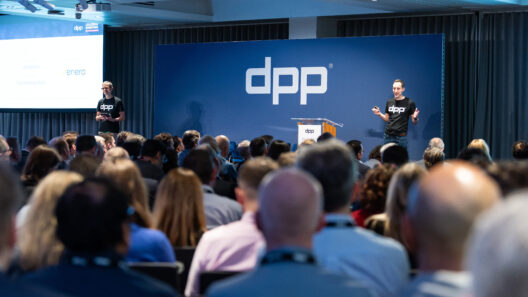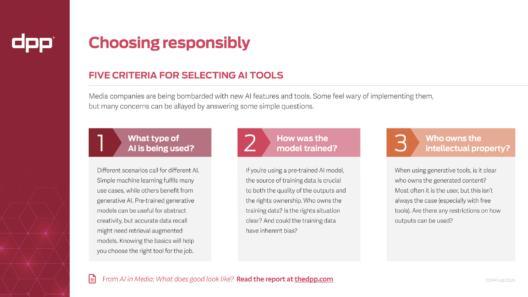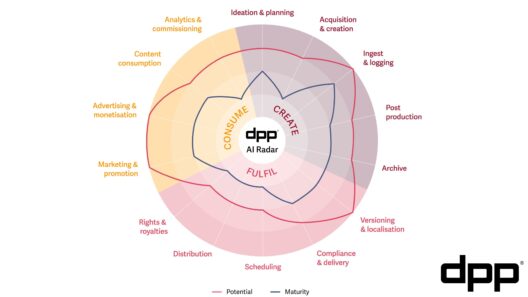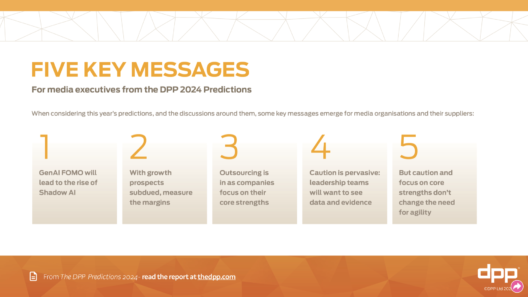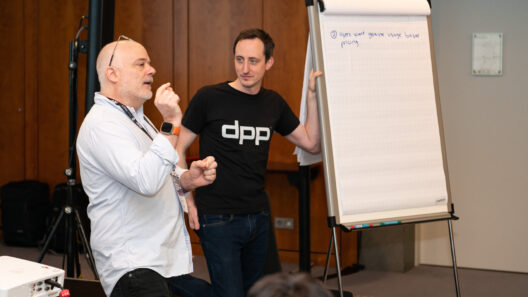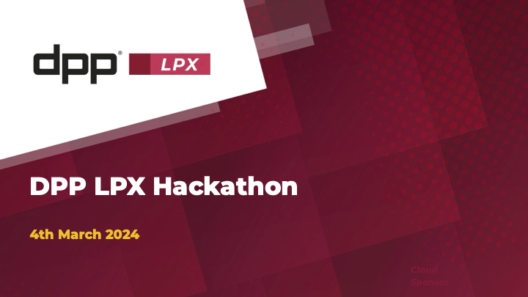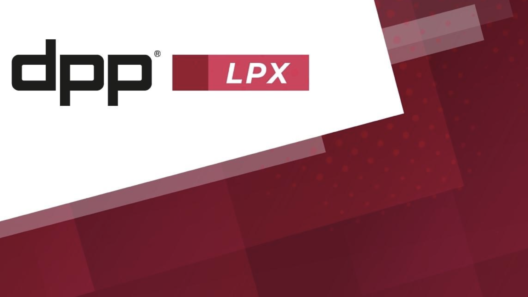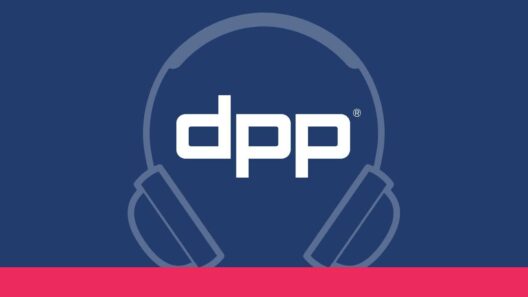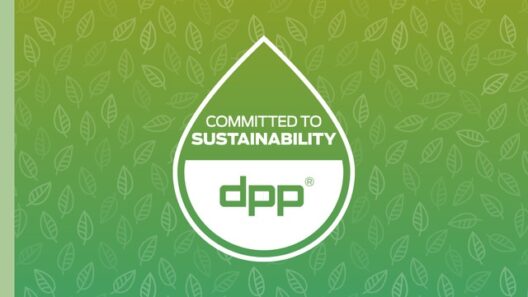In the last article, we explored the need for IMF for Broadcast and Online, and how it makes versioning and localisation more efficient.
While IMF offers huge potential to deliver workflow improvements for broadcast and online content, penetration of these workflows has been slow, apart from a couple of key players such as Netflix. So two years ago, the DPP set out to make IMF a reality for both our members and the industry as a whole, through technical work and implementation support.
The SMPTE IMF standards were originally developed for the movie industry. While it was clear that the same benefits are hugely applicable to broadcast and online content, some updates and improvements were needed to fully meet the needs of that community. So in 2018 the DPP, working with the North American Broadcasters Association (NABA), published SMPTE TSP 2121-1:2018.
This IMF for Broadcast & Online specification adds features that are important to broadcasters around the world, such as support for ProRes, high dynamic range using Hybrid Log Gamma (HLG), and control track audio description (AD). In addition, the specification constrains the parameters of IMF in order to restrict use to common combinations of frame size, colourimetry, sampling, and so on. This enables true interoperability by aligning multiple users across the complex content supply chain around common use of the technology.
In February, we launched the DPP Certified programme, offering interoperability testing and product certification. The programme allows vendors to validate and demonstrate the quality of their implementations, and helps buyers to choose products with confidence.
Meanwhile DPP member companies such as ITV, A+E Networks, BBC Studios and Turner are implementing or piloting IMF in their workflows. From a single-episode pilot of a flagship drama to major programmes transforming end-to-end workflows across a whole organisation, we believe that 2019 will be seen as the year IMF became mainstream in global broadcast.
What’s next?
The benefits we’ve described aren’t years away. DPP member companies are already implementing cloud-based IMF workflows at scale. Technology vendors are already providing the tools to create and manage IMF, and content owners are building their next generation workflows.
The job isn’t done, of course. We’re working on exciting new technical developments with DPP members, including a new metadata track that will allow time-variant metadata, such as programme parting information or detailed logging information, to be stored in IMF files. And we’re partnering on a project to develop common APIs for accessing IMF content, enabling true interoperability for IMF in the cloud.
To support implementation, we’re creating materials to help organisations to identify the return on investment and make the case for their investment in IMF. We’re producing informational materials and events to promote the benefits of IMF and educate the whole content supply chain. We’re developing common template delivery documents for broadcasters and distributors to use when commissioning IMF content. And we’re sharing information and knowledge about pilots and implementations of TSP 2121 to inspire and inform those who are just starting to consider IMF.
Get involved
If you’re a DPP member and would like to participate in our IMF work, or if you'd like to discuss membership for your company, contact Rowan.
